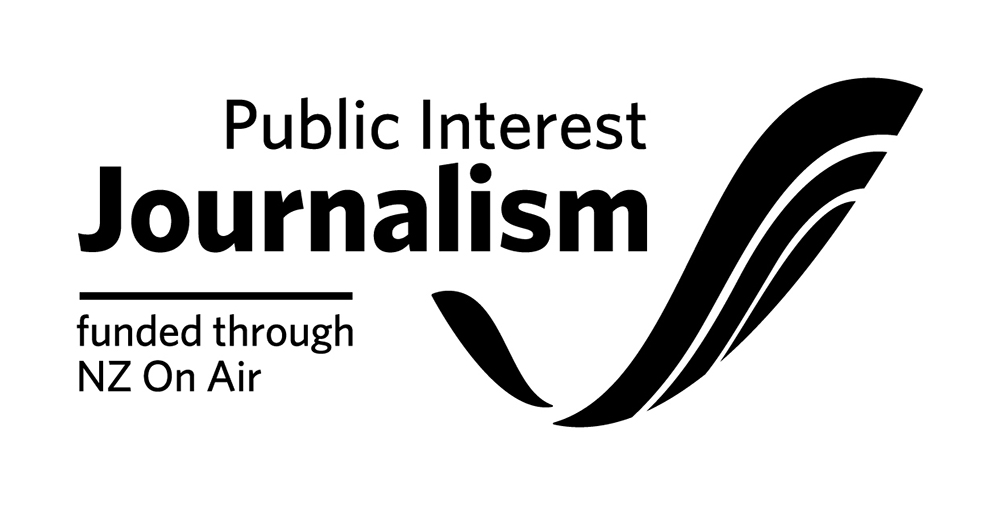Public Interest Journalism funded through NZ On Air
Researchers have lost Daisy, the great white shark, after her satellite tracker fell off in waters off the Bay of Plenty.
Shark scientist Dr Riley Elliott had been tracking Daisy and said signals from the 2.75m female shark’s tag were picked up near Matakana Island two days ago.
“It looks like that’s where the shark and device parted ways,” he said.
The signal has since floated to Pāpāmoa Beach, near the surf club.


